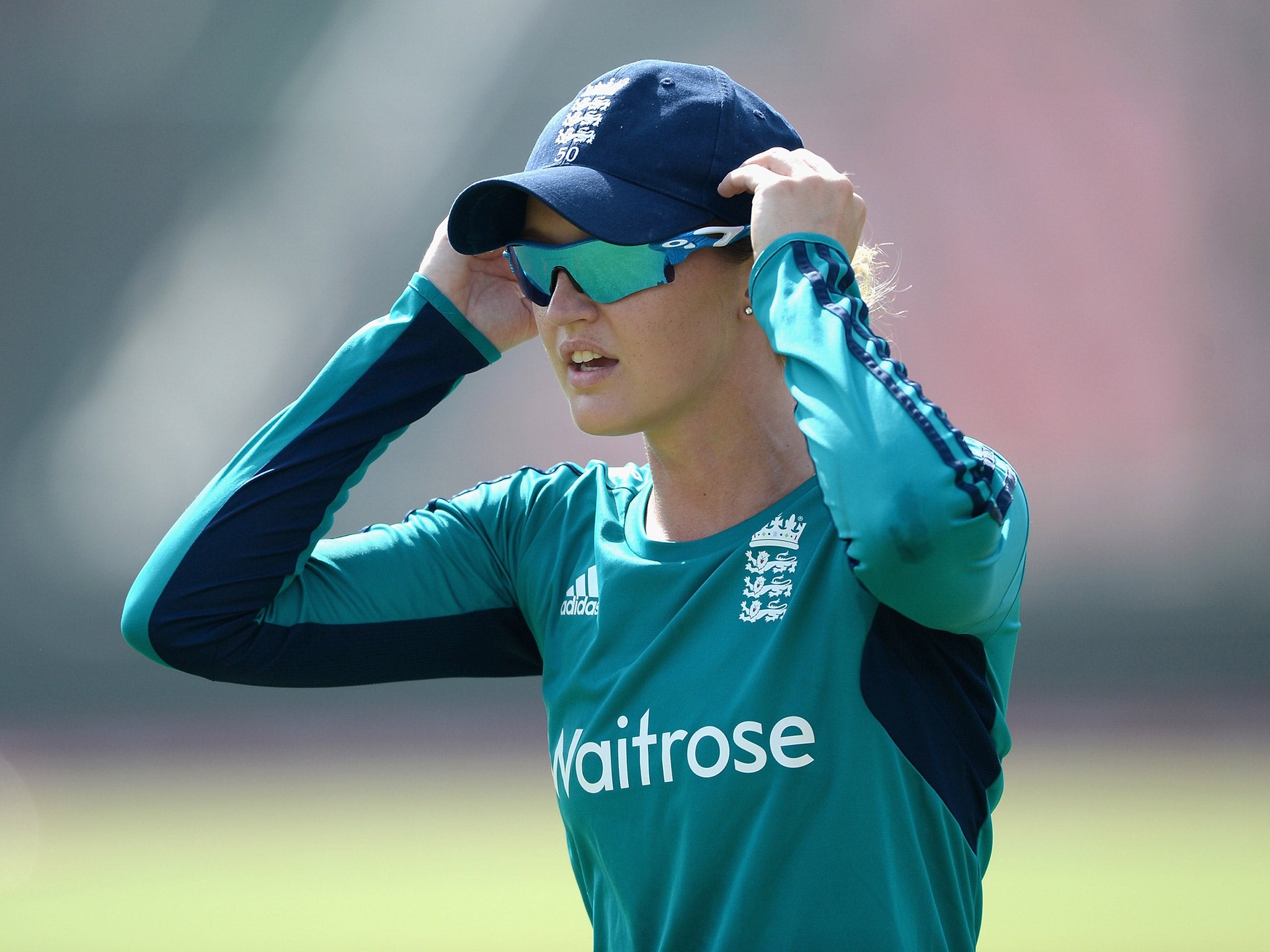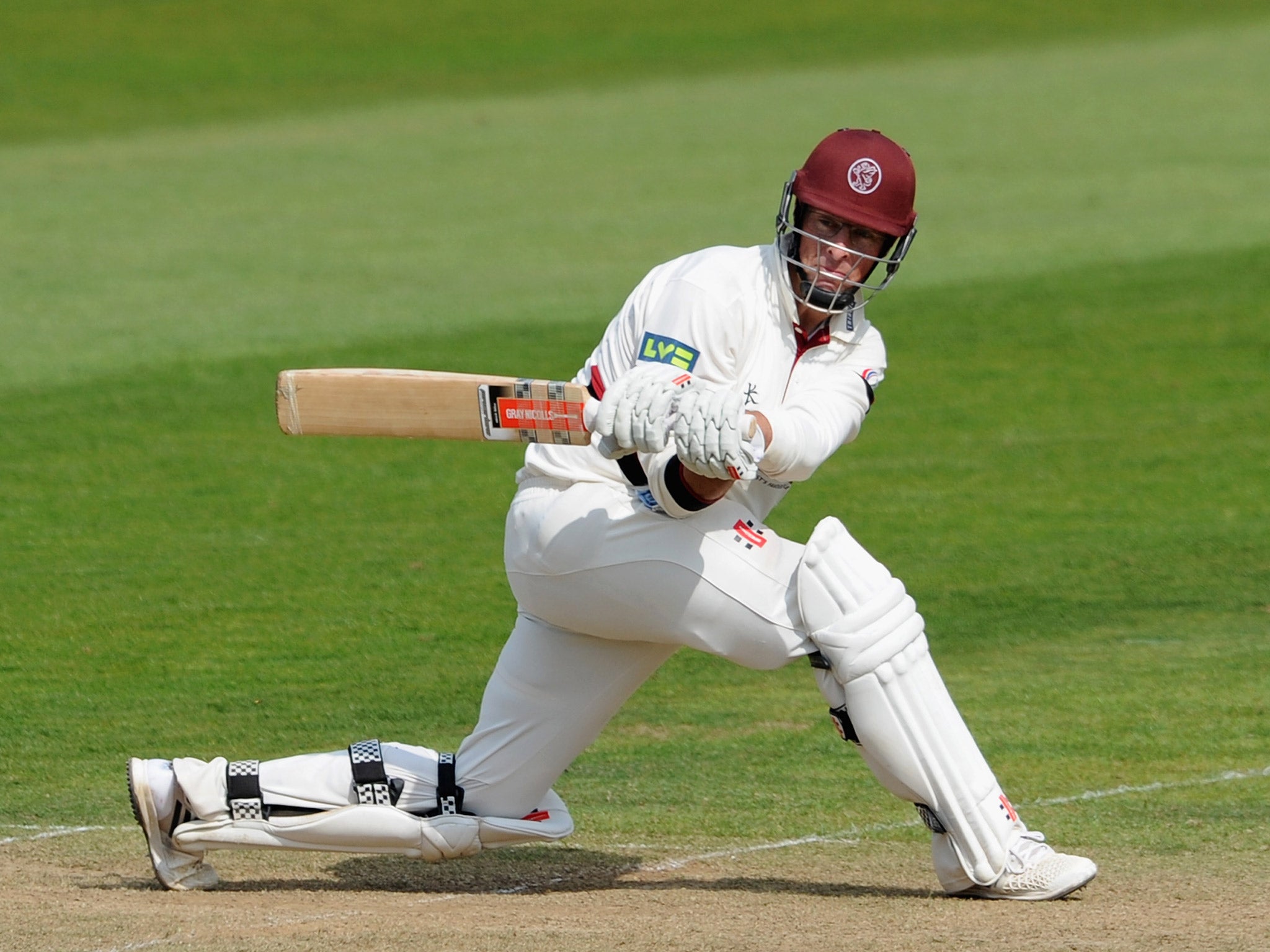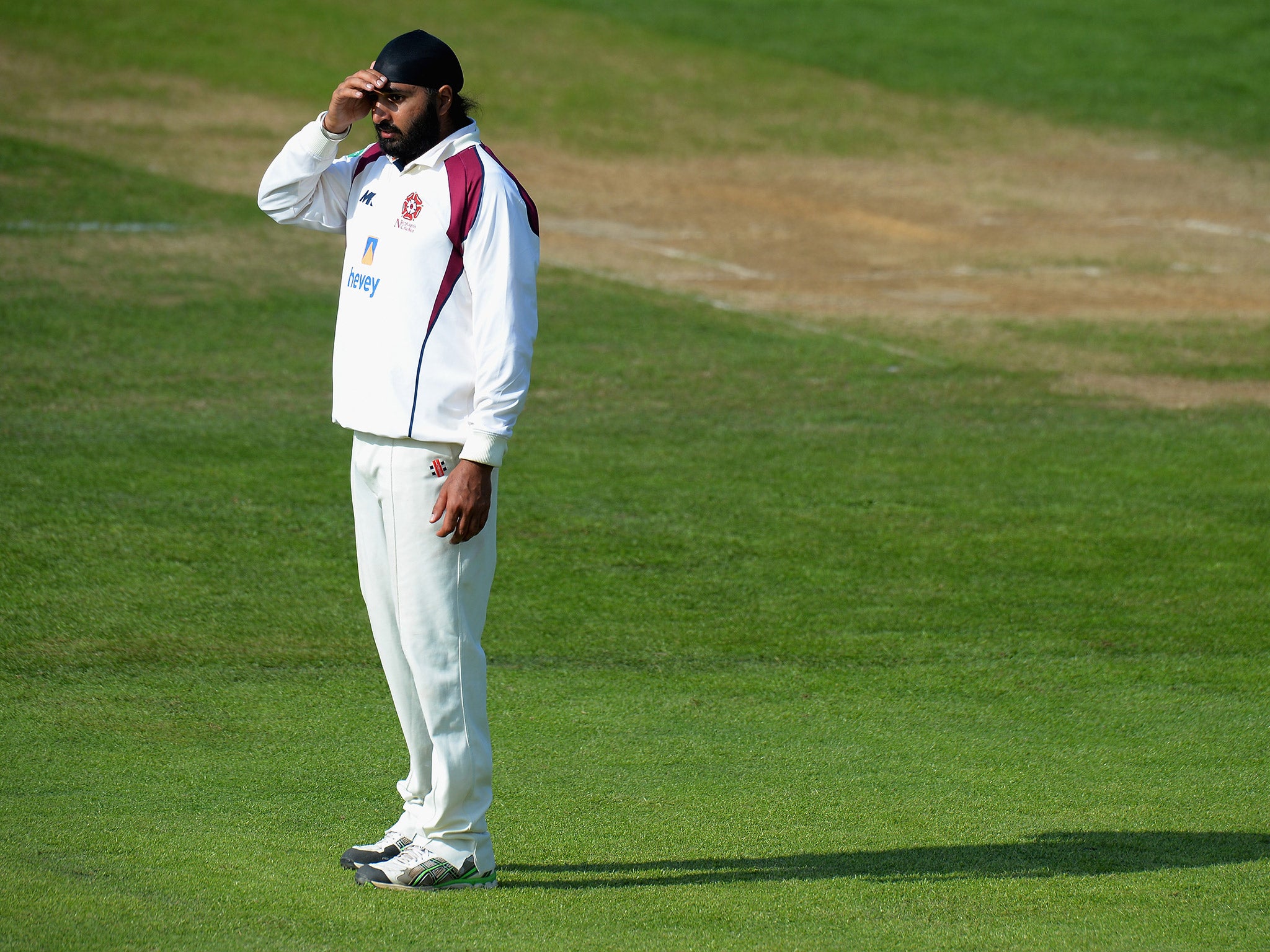Sarah Taylor's anxiety-enforced break feels all too familiar in an endless battle against cricket's mental challenge
Outside Edge: Taylor isn't the first to require a break due to mental health difficulties and she will not be the last in a sport where individual pressure is magnified to the extreme

Your support helps us to tell the story
From reproductive rights to climate change to Big Tech, The Independent is on the ground when the story is developing. Whether it's investigating the financials of Elon Musk's pro-Trump PAC or producing our latest documentary, 'The A Word', which shines a light on the American women fighting for reproductive rights, we know how important it is to parse out the facts from the messaging.
At such a critical moment in US history, we need reporters on the ground. Your donation allows us to keep sending journalists to speak to both sides of the story.
The Independent is trusted by Americans across the entire political spectrum. And unlike many other quality news outlets, we choose not to lock Americans out of our reporting and analysis with paywalls. We believe quality journalism should be available to everyone, paid for by those who can afford it.
Your support makes all the difference.Sarah Taylor has been a genuine star of women’s cricket: for England she has been terrific, especially in the shorter forms of the game; and by playing grade cricket alongside men in Australia she blazed a trail for others to follow. That makes it all the sadder to discover that she has spent much of the last four years struggling with panic attacks, which have now forced her to take an indefinite leave of absence from the sport she loves.
Taylor, who has scored over 3,000 runs in 101 one-day internationals, has described to the BBC how she became so beset by nerves before going in to bat that she would feel faint and sometimes be physically sick. The pressure to score runs was simply too intense.
Many other cricketers will empathise with Taylor’s predicament – and all will surely sympathise. She is the latest in a long line of players to have experienced difficulties with mental health, with numerous recent examples available, from Marcus Trescothick, through Michael Yardy to Monty Panesar. Indeed, Trescothick’s openness about his debilitating bouts of depression has perhaps helped others identify their own psychological problems, and find ways to deal with them.
There is no doubt that cricket is a sport which harbours greater potential than most to create anxiety in the minds of those who play it. It is, at its heart, not a team game at all but one played between sets of individuals on whom the spotlight takes its turn to fall. But unlike sports in which individuals compete alone, there is the hideous knowledge that teammates are relying on you to perform.

Cricket’s odd changes of cadence can make matters worse for vulnerable minds. Where footballers are always involved, forever on the move, playing instinctively for 90 minutes, a cricketer might spend half a match watching, waiting, stewing, in the fearful knowledge that his or her own turn will come – and perhaps be gone in an instant of failure.
For professionals, all of the stresses and strains are magnified. They have spectators watching their every move, journalists dissecting their game – and, more prosaically, they must maintain their standards to prolong their career, and ultimately to make a living. Yet anxiety can affect players at the amateur level too. Years ago I watched as a club teammate suffered an embarrassing case of the yips mid-match: without warning he suddenly started bowling head high (and higher) full tosses and seemed unable to stop. The look of despair on his face was very real indeed. Most club cricketers will have witnessed something similar.
Indeed, I recall occasions in my youthful leg-spinning days when things simply wouldn’t come right. Even when they did, it wasn’t always enough. I remember with pinpoint clarity a game for Cambridgeshire Under-14s against Nottinghamshire on a baking hot day at a beautiful ground in Radcliffe-on-Trent. The conditions were good for batting but I bowled a couple of decent overs for a dozen runs. As I walked up to begin a third, the captain greeted me at the crease with those dreaded words: “have a break Will”. I spent the rest of the innings dejectedly in the outfield, fretting about what the skipper had seen in those twelve balls which told him I wasn’t up to the task. I loved nothing more than playing cricket as a teenager – but my goodness, it could cause such misery.

For Taylor, the decision to stop playing for a while to address her problems is a wise one. All fans will look forward to her successful comeback, whenever the time is right.
Cricket's spirit lives on in Amir's second chance
Confirmation that Mohammad Amir will be in Pakistan’s squad for their upcoming tour of England has reopened the debate about whether players found guilty of involvement in any form of match-fixing should automatically be banned for life. Alastair Cook has made clear he believes they should.
I was at Lord’s on that Sunday in 2010 when the evidence of Amir’s deliberate no-balls – and the misdeeds of his teammates, Salman Butt and Mohammad Asif – was splashed across the pages of the News of the World. The atmosphere in the ground was unsurprisingly grim, as England completed a largely uncheered victory.
Still, I can’t help but feel that automatic lifetime bans are as much an affront to decent liberal values as match-fixing or spot-fixing itself. That isn’t to say a ban for life won’t sometimes be in order. However, when the guilty individual is young, naïve or vulnerable, as in Amir’s case, surely the game should offer the chance of rehabilitation. Cricket’s integrity must be protected of course – but not at the expense of its spirit.
Lady Luck fails to shine on Compton
It is remarkable how players in form get all the luck. Johnny Bairstow, who has scored 533 runs in four Championship matches for Yorkshire this summer, not to mention a century in the last test, must surely have thought he had blown it at Lord’s when he clipped Pradeep straight to Shaminda Eranga at mid-wicket – only for the fielder to drop a sitter. Had Nick Compton been the batsman, you can guarantee there would have been a different outcome.
Join our commenting forum
Join thought-provoking conversations, follow other Independent readers and see their replies
Comments